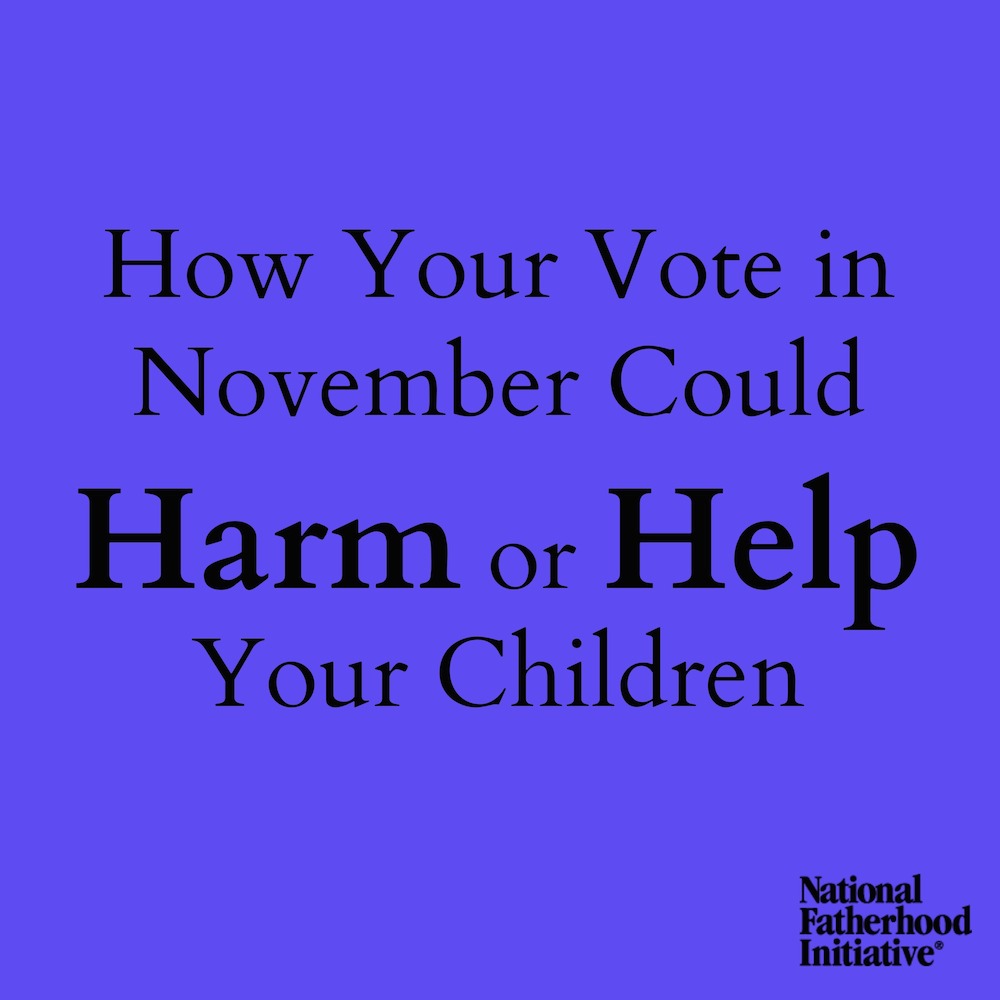The opinions expressed by this article are not necessarily the opinion of "Reform for Our Families" blog. However, it is vital that we share our thoughts from many points of view, without prejudice, to hopefully understand the most positive path to reform.
Thanks for viewing.~~~~~~~~~~~~~~~~~
As we approach the culmination in November of yet another
election cycle, I decided to stake stock of what so many people these
days are voting against -- marriage.

A recent analysis
of census data by the Pew Research Center reveals that a record share
of Americans have never married. In delving deeper into this milestone,
the researchers found:
- In 2012, 1 in 5 adults ages 25 and older (about 42
million people) had never been married. In 1960, only about 1 in 10
adults (9 percent) in that age range had never been married.
- About half of today's 25- to 34-year-olds (49 percent) have never been married, a fourfold increase since 1960 (12 percent).
- When today's young adults reach their mid-40s to mid-50s,
it is likely that a record high share (25 percent) is likely to have
never been married. And this is despite young adults' lack of opposition
to marriage. Only 4 percent of never-married adults ages 25 to 34 say
they don't want to get married.
Unfortunately, the best intentions often go unrealized.
Despite this lack of opposition to marriage among young adults, the
"baby train" keeps rolling down the track. As I've noted elsewhere,
out-of-wedlock births and age at first marriage are at all-time highs.
Moreover, the average age of women when they marry has surpassed the
average age at which they give birth to their first child. A
primary cause of these trends is that Americans have increasingly
"decoupled" marriage and child bearing so that marriage is no longer
viewed as a necessary or even desirable context in which to bear and
raise children.
The decoupling of marriage from raising children is,
however, only one cog in the engine that has driven us to this point. A
host of other changes in values, economics, and gender patterns
have contributed as well. Many of those changes are good, needed. But
what a cog this decoupling is because, sadly, it is children who
ultimately suffer from and have no control over it. My concern is that
the adults who have control over it now believe that the primary
function of marriage is to benefit the adults who enter into it and not
to raise the next generation of children. Far too many Americans
continue to ignore (or not care about) the evidence that growing up in
home with a single, never-married parent, with a once-married but now
divorced parent, or with cohabiting parents places children at a higher
risk of poor physical, social, and emotional outcomes, which primarily result from father absence.
As the Pew Research Center report notes, fewer than half of the public
believes we're better off when marriage and children are a priority.
The improvement of child well-being is why National
Fatherhood Initiative exists and is why we're so adamant in our support
of marriage as the ideal context in which to raise children. Whether a father is married to his children's mother is the most important predictor of his involvement in his children's lives.
It's also why we're non-partisan. Does that sound odd or
surprise you? It shouldn't because this position is not just a
conservative or a progressive one. It's both. Encouraging couples to
marry before they have children is a cause everyone who considers
themselves to be a conservative or a progressive (or anywhere in
between) should rally around. A conservative should support this cause
because it will help re-establish an institution that is in steep
decline. Re-establishing marriage as a vital social institution will
save government the money it spends on dealing with the consequences of
the decline of marriage and the increase in father absence. A
progressive should support this cause because it involves the social
reform of an institution that is vital to advancing and improving our
society. It would allow the government to shift the money spent on the
consequences of the decline of marriage and high rate of father absence
to improving our society in other ways, such as improvements to our
nation's infrastructure and the environment.
So regardless of where you stand on the political
spectrum, I encourage you to "vote yes" for marriage in the broad,
societal sense. And as you consider for whom to vote this
November, delve into how the candidates stand on the institution of
marriage, and vote accordingly.
~~~~~~~~~~~~~~~~~~~~~~~~~
Rethinking Foster Care:
Molly McGrath Tierney at TEDxBaltimore 2014
Let's Make This Go Viral ~ Please Share
While Watching ~
Take the Parent Survey
When allegedly accused of Child Abuse or Neglect
~~~~~~~~~~~~~~~
Thanks and be that
"One Small Voice",
Proud National
Coordinator of the Family Survey Program
When One Deals with
the Child Protective AGENCY>>LearnMore
Need a Document
prepared for Publication?
Do You love Snoopy and Friends Books?















